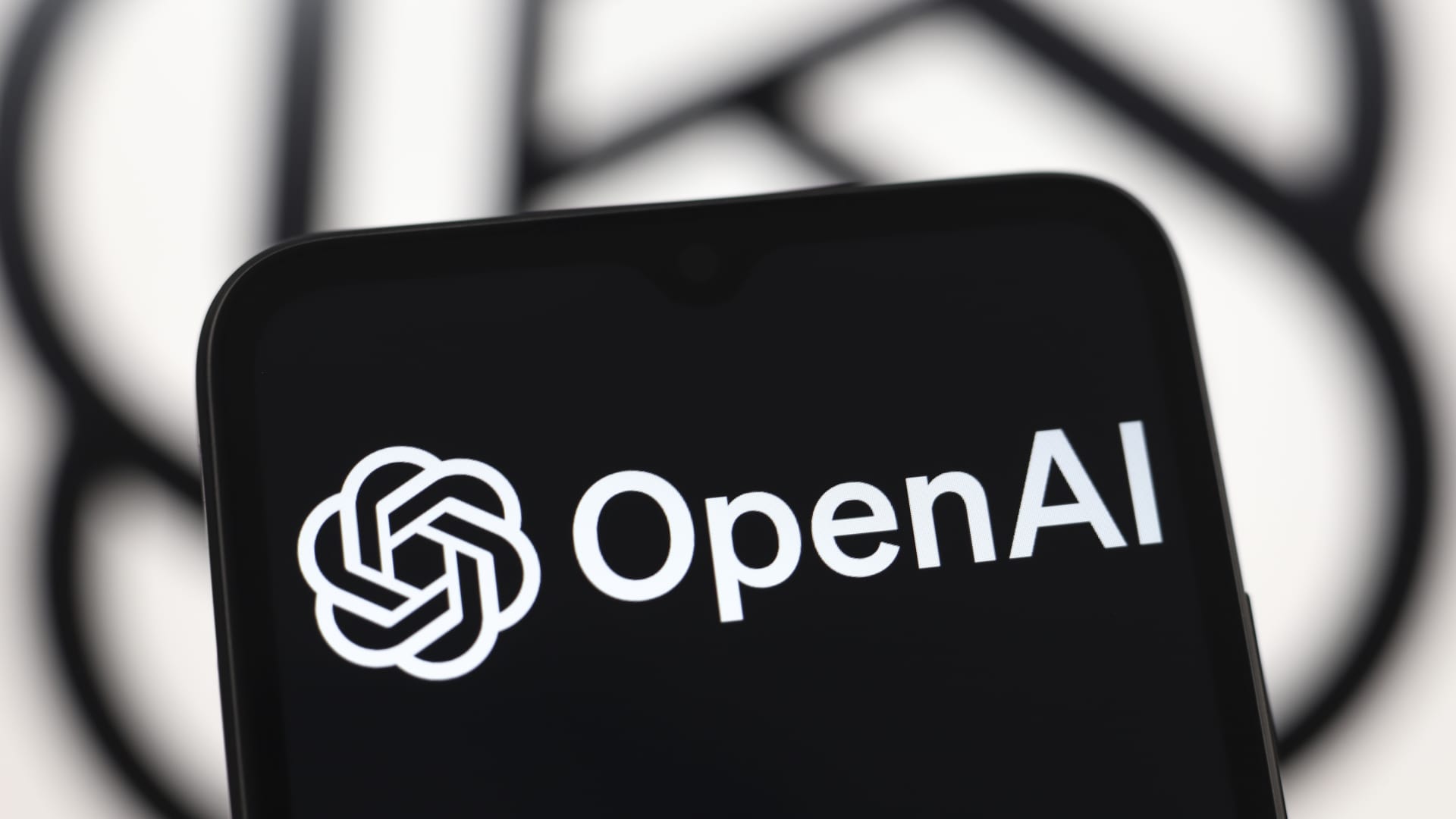OpenAI Appoints Members to Its Nonprofit Commission

OpenAI’s New Nonprofit Commission
Introduction to OpenAI’s Structure
Recently, OpenAI, the organization behind ChatGPT, announced the formation of a new nonprofit commission aimed at guiding its philanthropic actions. This initiative is part of a broader strategy to reshape the company’s corporate structure, which has been driven by its continued growth and support from significant investors, including Microsoft.
Purpose of the Nonprofit Commission
The new commission is designed to steer OpenAI’s philanthropic efforts. According to statements from OpenAI, the nonprofit’s advisors will engage with communities to gather insights on how to address systemic issues pertinent to society. This includes examining the potential benefits and risks associated with artificial intelligence (AI) technologies. The insights will not only help define OpenAI’s charitable contributions but also align them with the company’s commitment to benefiting humanity.
Key Members of the Commission
Daniel Zingale has been appointed as the convener of this commission. He brings a wealth of experience from previous leadership roles in California. Joining him are several prominent figures:
- Dolores Huerta: A well-known civil rights activist, recognized for her work in labor rights.
- Monica Lozano: An expert in media and Hispanic community outreach.
- Robert Ross: A leader in health initiatives who focuses on enhancing community health services.
- Jack Oliver: A figure with considerable experience in community organizations.
These advisors are tasked with collecting feedback from various stakeholders in fields such as health, education, science, and public services.
Commission’s Role and Responsibilities
OpenAI’s commission will play a vital role in shaping the organization’s community engagement processes. The advisors will focus on:
- Responding to community needs and concerns related to AI.
- Ensuring that OpenAI’s actions foster long-term societal benefits.
- Providing recommendations to OpenAI’s board of directors based on their findings.
The commission is expected to present its recommendations to the OpenAI board within 90 days of its formation, signifying a commitment to prompt action based on community insights.
Background on OpenAI’s Evolution
In December, OpenAI announced plans to transition into a public benefit corporation. This shift is intended to help manage the growth of its operations while relaxing some of the constraints associated with its nonprofit status. The company recently revealed plans to raise up to $40 billion, which would increase its valuation to around $300 billion.
Controversies Surrounding OpenAI
The creation of the nonprofit commission comes amidst some public controversies concerning OpenAI’s mission. In a notable incident, Elon Musk, who co-founded OpenAI in 2015, filed a lawsuit against the organization and its CEO, Sam Altman. Musk alleged that OpenAI deviated from its original mission to prioritize profits over benefiting humanity. This legal battle has garnered significant attention, with several former employees supporting Musk’s claims in court.
In response, OpenAI has countered Musk’s accusations, arguing that they are facing harassment and seeking legal protection against what they describe as "unlawful and unfair action" directed at them.
Future of OpenAI’s Philanthropic Endeavors
As OpenAI moves forward with its new commission and corporate restructuring, the organization appears committed to aligning its growth with a clear sense of purpose that prioritizes societal impact. Engaging with diverse community leaders suggests that OpenAI aims to create a balanced approach to AI development—one that carefully considers ethical implications while harnessing technology’s power to provide positive change. Through this nonprofit commission, OpenAI may redefine its role in the landscape of AI while addressing the broader effects of its innovations on society.






